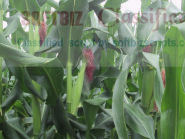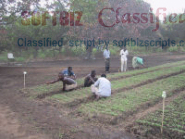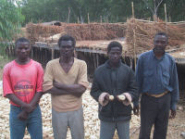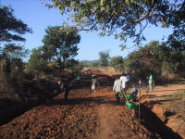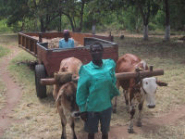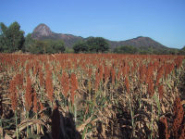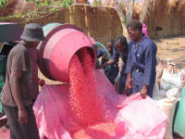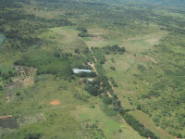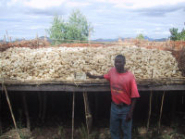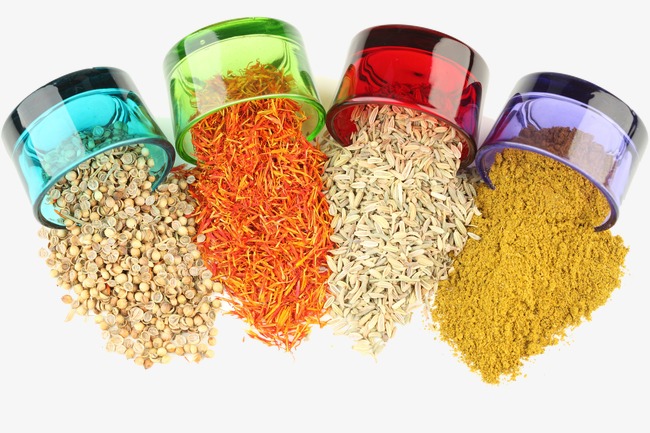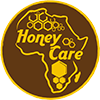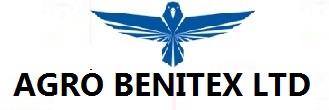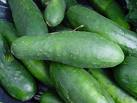Why Register?
- List Your Business
- Business Matchmaking
- WhatsApp Chat
- Personal Messaging
- Showcase Your Products
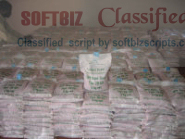
Product Pictures
We are one of the largest farmers of maize, sorghum, peas, cassava, chillies, ginger, groundnuts, paprika, sunflowers, sweet potato and turmeric all grown on our own farm. Some agroforestry species such as tefrosia and glyricidia, and some fruit species such as mangoes, also grow well on our farm.
It mainly grew tobacco, for which Funwe's low altitude (600 m above sea level) and low rainfall (700-900 mm per year, during a short rainy season from December to March) are not ideal. By the early '90s Press Agriculture was reducing its number of farms, and sold Funwe to a private individual. He sold it to the current owners on 1 July 2001 in virtually derelict condition.
With their long-term social investment aims in mind, the owners concentrated for the first couple of years on renovating the infrastructure and employing professional staff. The 8-km access road was rebuilt (see above) using labour-intensive methods in order to provide employment, and the five staff houses, two offices and two storage sheds were refurbished. Two new boreholes were drilled and one existing borehole refurbished – the latter supplies good quality drinking water for the staff using a solar-powered electric pump.
To improve water conservation, two existing earth dams were repaired and two new ones dug.; fifty wells were dug by hand and lined with precast concrete rings, in order to provide small-scale irrigation for dry-season crops using foot-powered treadle pumps (as seen above). The whole farm was mapped using a hand-held GPS unit, to demarcate the arable areas from the woodlands.
The arable land was subdivided into three equal zones, to permit a three-year crop rotation cycle. Each zone comprises about 100 hectares of usable land divided into 250 numbered 0.4-hectare plots. Soil samples were taken – most of the farm is dry upland sandy loam soil overlying granite, with a few areas of dambo (river valleys) with richer soil higher in clay and organic content.
As the staff number grew and the infrastructure was improved, agricultural activity began to expand. Initially the company Funwe Farm Ltd carried out most of the farming using its own labour, but year-by-year it has done less and the Funwe Farmers Group has done more. FFL tries out new crops and informs FFG of the economics of production and sale for each; then FFG decides whether to grow that crop.
To date about 20 crops have been grown, of which maize for seed, sorghum for seed and pigeon peas for seed have proved profitable, while cassava, chillies, ginger, groundnuts, paprika, sunflowers, sweet potato and turmeric have all grown but not yet been profitable. Some agroforestry species such as tefrosia and glyricidia, and some fruit species such as mangoes, grow well. Vegetables and bananas do not grow well due to the extreme heat of the dry season.
In livestock FFL has become a sub-contractor to the Shire Highlands Milk Producers Association, specifically to breed heifers from indigenous mothers and imported fathers. The cross-bred offspring inherit disease resistance through their mothers and higher milk yields through their fathers. The herd also eats agricultural waste products and provides manure for the fields. Looking to the future, FFL and FFG intend to specialise in high-quality seed multiplication. The farm has processing and packing machinery and good storage facilities.




